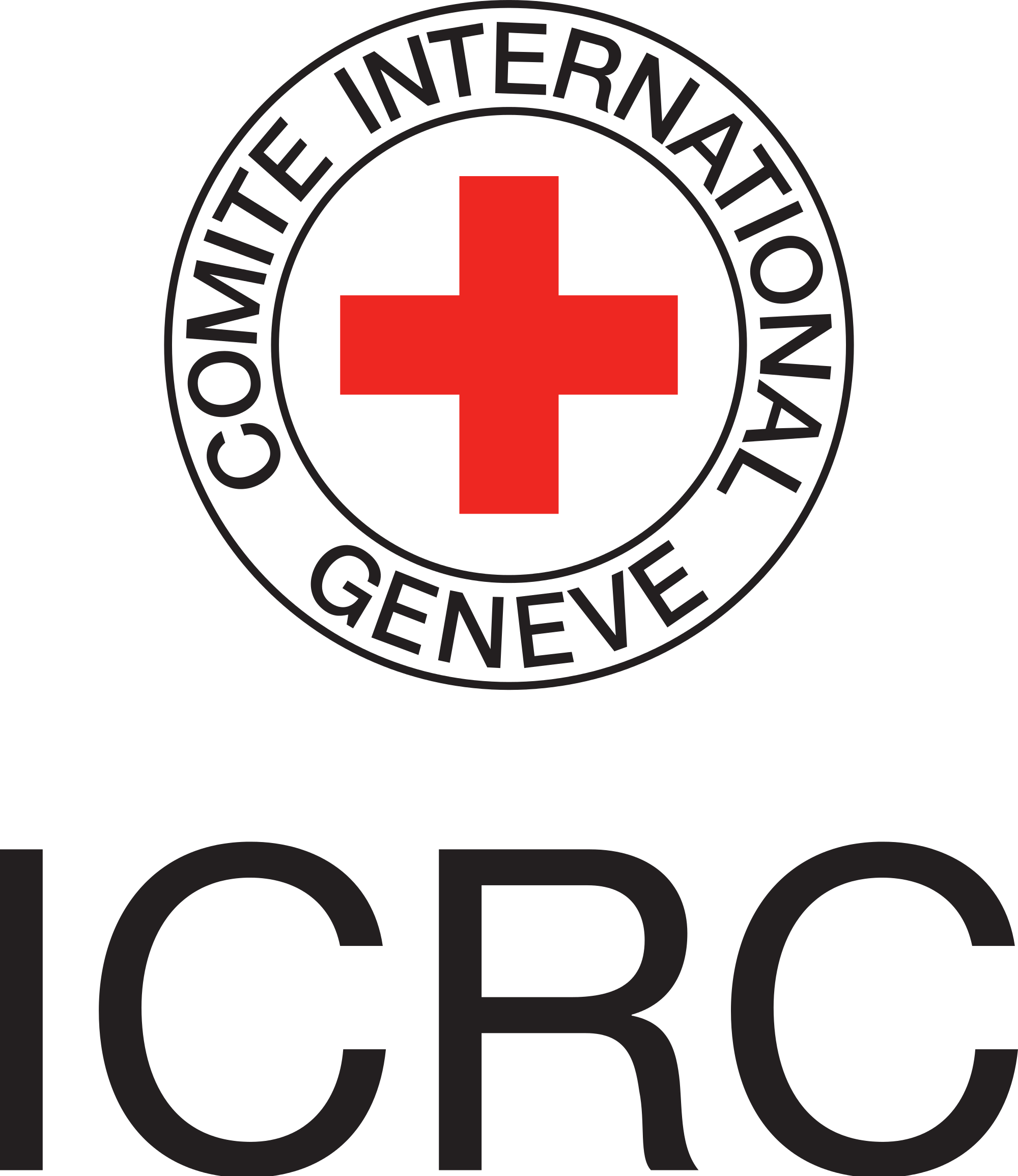I grew up during the Cold War between the U.S. and the Soviet Union. We hid under our desks for nuclear attack drills. I had a terrible dream that our town had been destroyed in a nuclear blast that left only ashes. When the Cold War ended, many people thought that the world would leave the nuclear madness behind. Alas, that did not happen and, lately, relationships between nuclear armed nations have been deteriorating. The possibility for nuclear war is definitely increasing.
The International Committee of the Red Cross is a worldwide humanitarian organization. Recently they surveyed sixteen hundred adults between the ages of twenty and thirty-five in sixteen countries. (This group is known as the “millennials.”) The countries surveyed included Afghanistan, Colombia, France, Indonesia, Israel, Malaysia, Mexico, Nigeria, Palestinian Territories, Russia, South Africa, Syria, Switzerland, the United Kingdom, Ukraine, and the United States. Half of those countries are currently in a state of conflict with neighboring nations and the other half are currently at peace. The report stated that fifty four percent of those surveyed believe that it is probable that there will be a nuclear attack somewhere in the world within the next ten years.
The millennials in Malaysia were among those who were most likely to be afraid that there would be a nuclear detonation soon. The Syrian millennials were the least likely to fear a nuclear attack. Those who responded to the survey said that nuclear weapons were at the bottom of the list of twelve important issues in the survey. Corruption was at the top of the list. Unemployment and increasing poverty were the next items in terms of importance.
Even though nuclear weapons were at the bottom of the list of concerns, fears of a nuclear attack seem to be increasing. In January of 2008, a World Economic Forum survey of one thousand leaders from governments, businesses and other institutions said that they felt that nuclear war was a top global threat.
This rising concern about nuclear war is understandable. There is definitely a possibility that the U.S. and North Korea could exchange nuclear warheads. Pakistan and India have fought three wars since their creation and they are in a rising conflict in Kashmir. The U.S. and Russia still have hundreds of warheads targeting each other.
But the detonation of one or a few nuclear warheads is not the end of millennial concern. Forty-seven percent of the survey respondents believe that they will see World War III fought with nuclear weapons in their lifetime. Forty six percent did not believe that they would. This is about equal but the fact that about half of the millennials fear all out nuclear war is a serious fact.
Peter Maurer is the president of the International Committee of the Red Cross. He is very concerned that the millennials view the future in this dark way. He wrote in the report, “Fatalistic, hopeful, worried and uncertain. Things are not likely to get easier for millennials: they are living in a world in which wars are becoming more and more complex.” He also said, “Millennials are the politicians, decision-makers, strategists, and opinion-makers of tomorrow. It’s possible their fears about what could happen might lead them to avoid the worst. In that sense, then, there is hope.”
The study also found that “the clear majority of millennials think that wars and armed conflict are avoidable, with those from war-affected countries/territories more hopeful than those in conflict-free countries.” That is a positive sign that maybe those who have seen the horrors of war believe that the situation can only get better. Perhaps, the fears of the millennials for the future say more about the adults currently in charge than the next generation of leaders.
